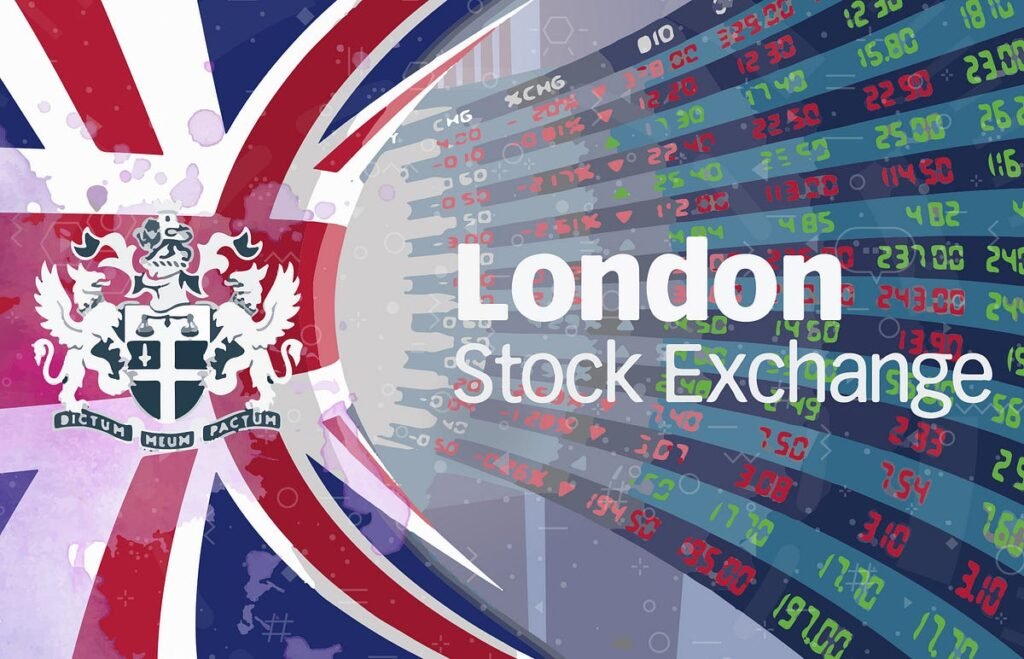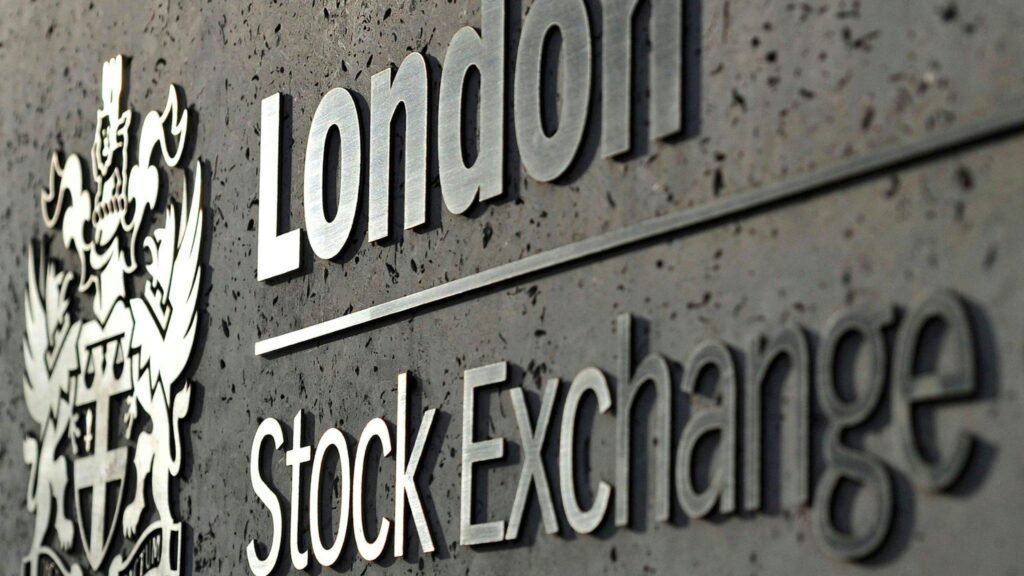Bitcoin and Ether Exchange-Traded Notes (ETNs) are set to be introduced on the London Stock Exchange.
Bitcoin and Ether Exchange-Traded Notes (ETNs) are set to be introduced on the London Stock Exchange. Exchange-Traded Note (ETN) is a debt security issued by a bank or financial institution without collateral. It aims to mirror the performance of a specific index of securities, with its value tied to the performance of that index.
In a move showcasing its crypto-friendly stance, the UK is set to integrate its traditional regulated market with the cryptocurrency space. Commencing on May 28, the London Stock Exchange (LSE) will introduce exchange-traded notes (ETNs) for Bitcoin and Ether. Notably, these ETNs will be exclusively accessible to professional investors and traders. This initiative reaffirms the UK’s position as an attractive hub for crypto businesses and investors. Currently valued at $2.60 trillion, the crypto sector is emerging as a promising entrepreneurial domain that the UK aims to leverage. According to an official market notice released by the LSE on March 25, applications for Bitcoin and Ethereum ETNs will be accepted starting from April 8, 2024.

What do Bitcoin crypto ETNs entail?
Barclays Bank in the UK introduced the concept of ETNs as an investment tool in 2006. Their objective was to simplify the investment process and optimize returns for retail investors in commodities and currencies by utilizing the debt and credit system.
An ETN is issued by a bank as an unsecured debt instrument. It can mirror the performance of an index of securities, with its value linked to the performance of this index. In the case of the London Stock Exchange (LSE), these indices would represent Bitcoin and Ether, both of which are currently experiencing price surges, fueling the ongoing bullish trend in the crypto sector.
ETN issuers provide ETN holders with returns based on the performance of an index over a specified period. Upon maturity of the ETN, which can range from 10 to 30 years, the investor also receives the principal amount of the investment.
ETNs were developed to address investor requirements. Investors in ETNs are only liable to pay taxes on their investments if they realize profits.
ETNs lack oversight from a board of directors and come with credit risk. Moreover, they may have lower liquidity and could entail holding-period risk, during which the underlying indexes may experience volatility, potentially resulting in losses for the investor.

LSE’s ETN Roadmap
The UK government has provided specific guidelines for financial institutions planning to introduce ETNs on the LSE.
According to the Crypto ETN Admission Factsheet by the LSE, all crypto ETNs must be backed by a physical commodity. The BTC and ETH assets associated with these ETNs must be provided by a custodian holding an Anti-Money Laundering license issued in the US, UK, or the EU, as per LSE regulations.
The LSE highlighted that crypto ETNs allow investors to trade securities tracking crypto assets on the exchange during London trading hours. These ETNs have their dedicated trading segments and are settled through EUI (Euroclear UK & Ireland) or Euroclear Bank & Clear Stream Bank (ICSD).

